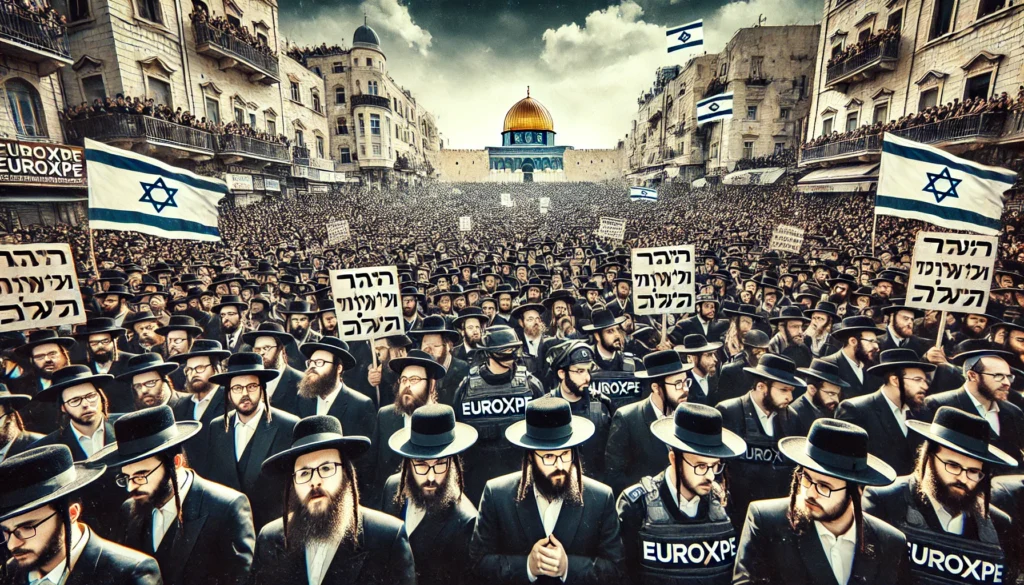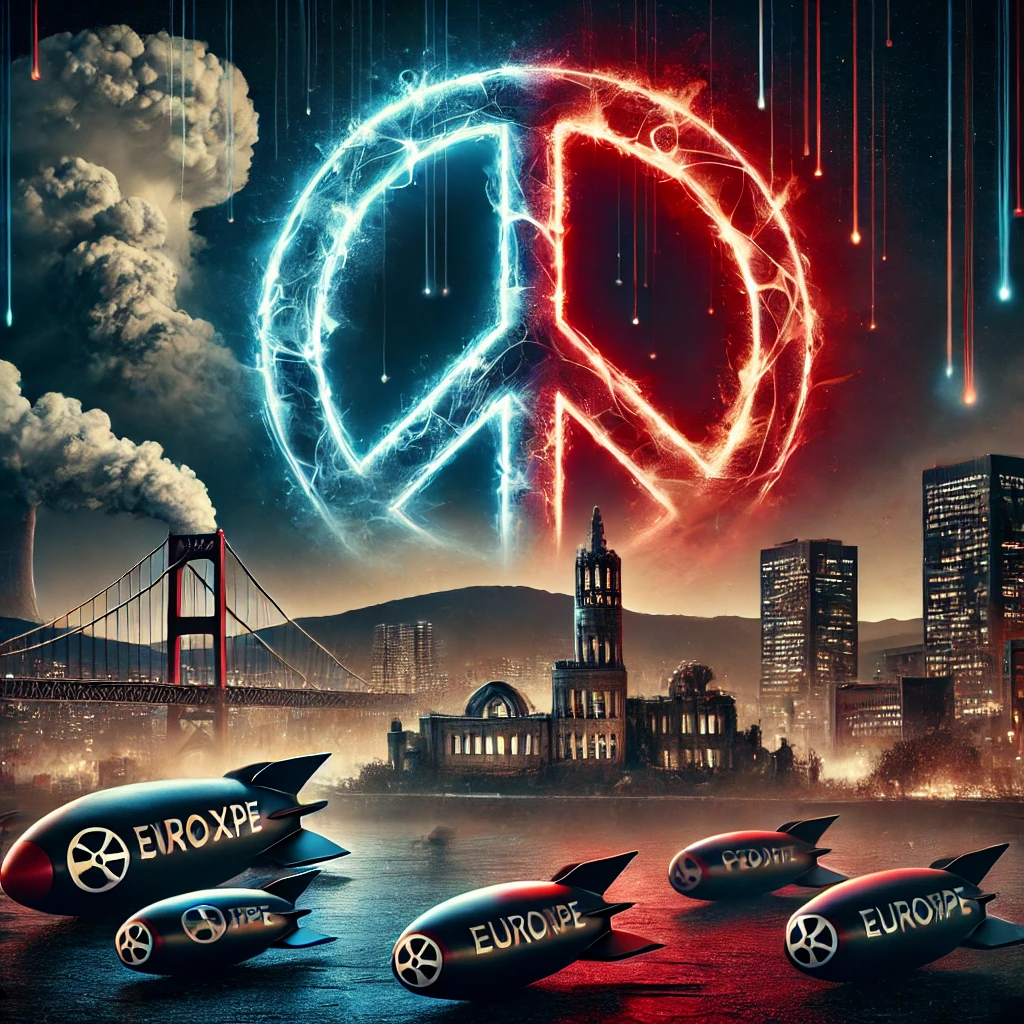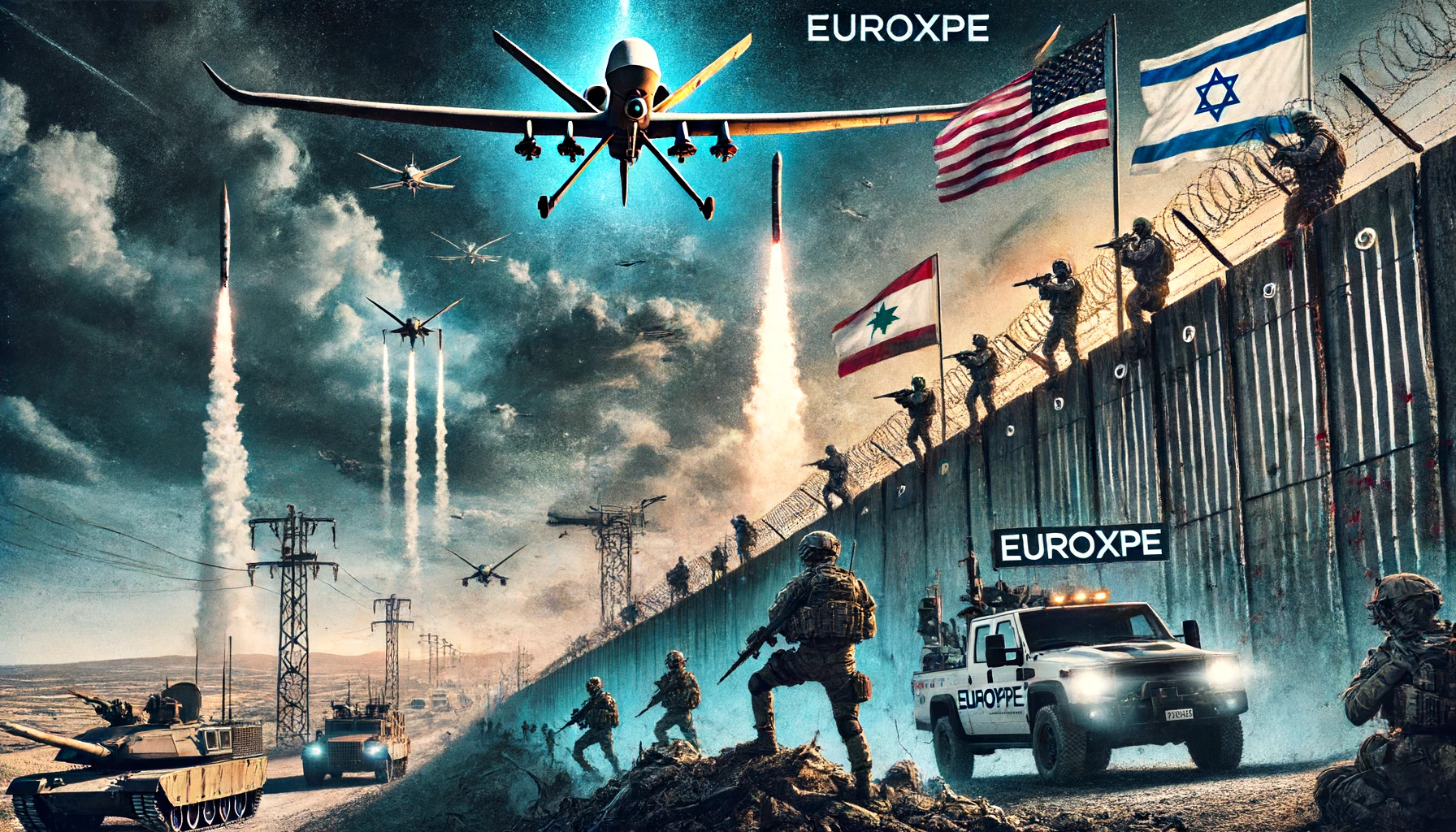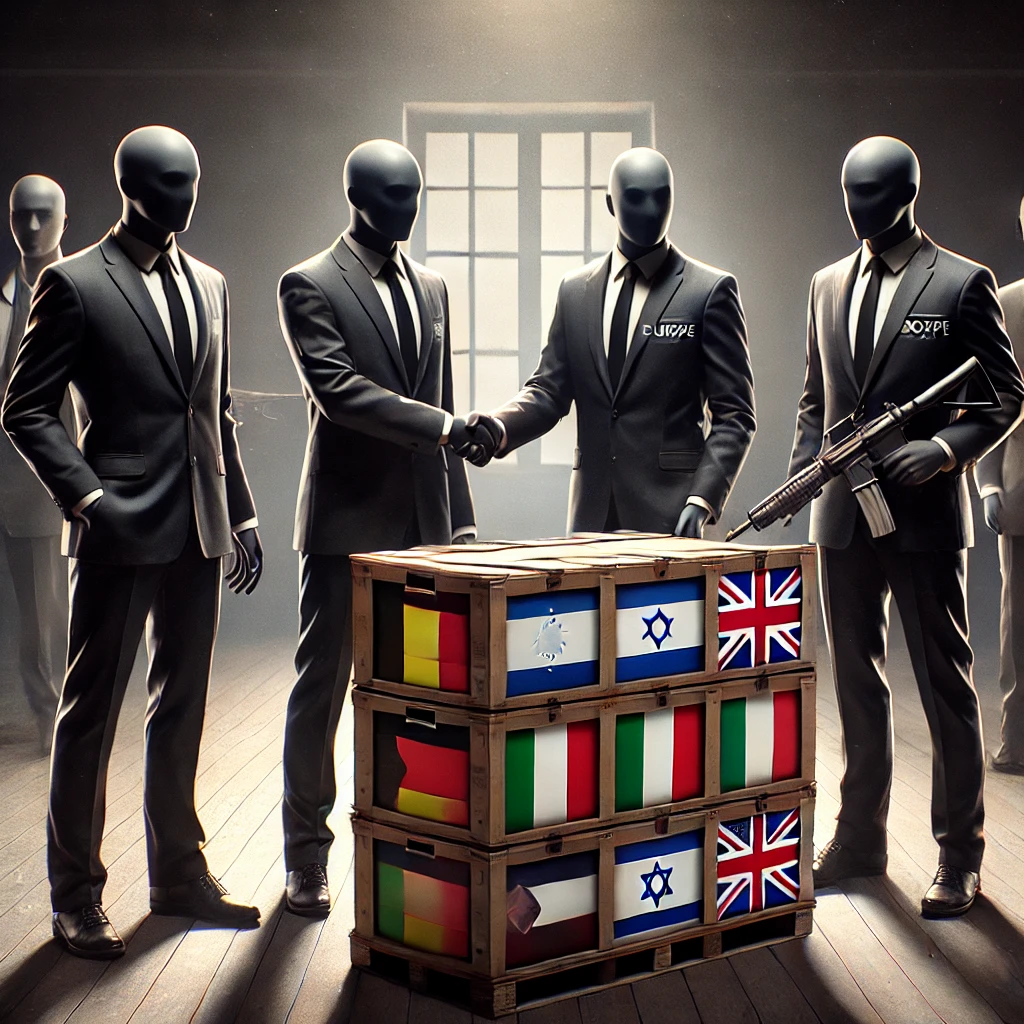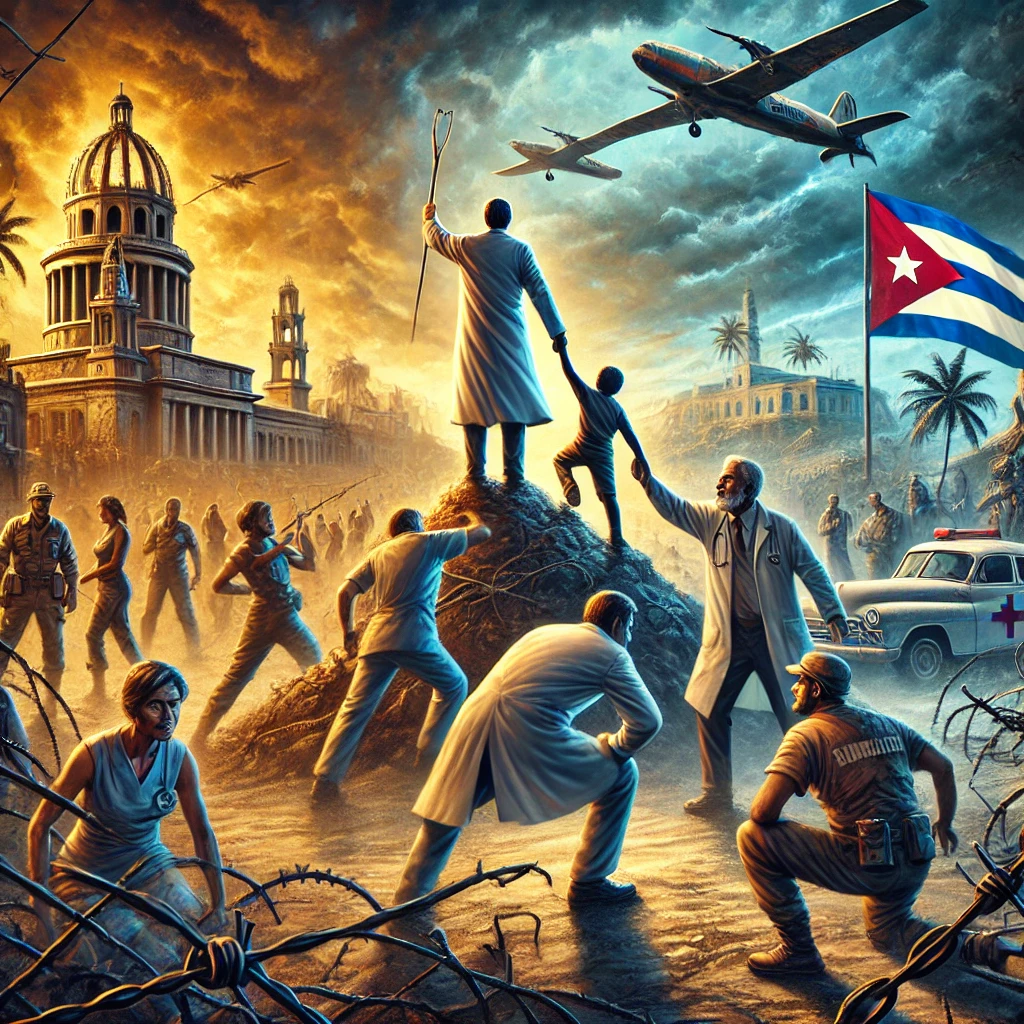Thousands of ultra-Orthodox Jews in Israel have taken to the streets in Jerusalem, vehemently protesting a Supreme Court ruling that mandates their enlistment into the military. The ruling, a significant shift in Israeli policy, has sparked intense reactions from the Haredi community, highlighting deep societal divides and raising questions about the future of mandatory military service in Israel.
This situation underscores a broader issue observed globally: politicians and religious leaders often glorify war and sacrifice, advocating for conflict from the safety of their positions, while ordinary citizens bear the brunt of these decisions. They live in secure environments, far removed from the dangers they endorse for others. The Israeli government’s push to draft Haredi men into the military, while maintaining political alliances, is a stark example of this detachment from the realities of war and human rights.
The Supreme Court’s ruling, issued on June 25, overturned a long-standing exemption that allowed Haredi Jews to avoid military service. This exemption, in place since the founding of Israel, was originally intended for a small number of yeshiva students. However, the Haredi population has grown significantly, leading to tens of thousands now being exempt from the draft. The court’s decision mandates that all draft-age Haredi Jews be conscripted, ending this preferential treatment and sparking significant backlash.
The protest in Shabbat Square underscored the deep fault lines within Israeli society. Many Israelis believe that all citizens, regardless of religious affiliation, should serve in the military, particularly during times of conflict. However, the Haredi community argues that their religious studies and way of life are incompatible with military service. They see the draft as a direct threat to their religious freedom and autonomy, a sentiment echoed by Yosef, a 22-year-old protester from Beitar Illit, who declared, “We will not enlist… Now they want to make us serve by force. It will never work.”
The Haredi protesters are resolute in their stance, willing to face imprisonment rather than comply with the draft. As one anonymous protester put it, “We will die rather than be enlisted.” This determination is not just about avoiding military service but preserving their community’s values and way of life. The resistance is rooted in a belief that religious study is vital to the nation’s well-being, with the Torah providing spiritual strength to the soldiers defending Israel.
The Supreme Court’s decision also has significant economic implications. Haredi men, who traditionally spend their early years studying in yeshivas, often rely on government subsidies to support their education. The ruling threatens to cut off these subsidies for those who do not comply with draft notices, leading to fears of financial hardship within the community. Haredi journalist Yanki Farber highlighted this concern, noting that many in the community believe they will “need to starve because they’re not going to have money to buy food.”
This protest serves as a reminder that true world peace requires transcending narrow political and religious divides. The glorification of war and sacrifice by leaders who remain safely distant from its impacts must be challenged. Humanity must move beyond racism, sectarianism, and fascism, embracing a culture of unity and mutual respect. Only then can we hope to achieve a world where all people, regardless of their background, can live in peace and harmony.
For further details, please refer to the original article on CNN.
